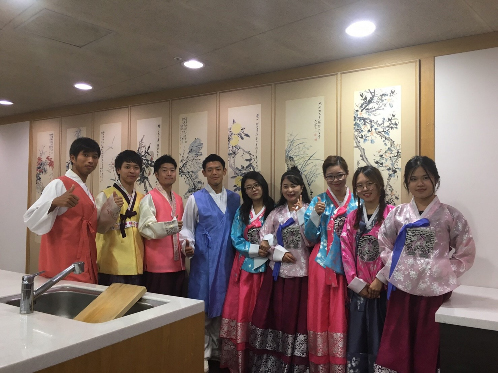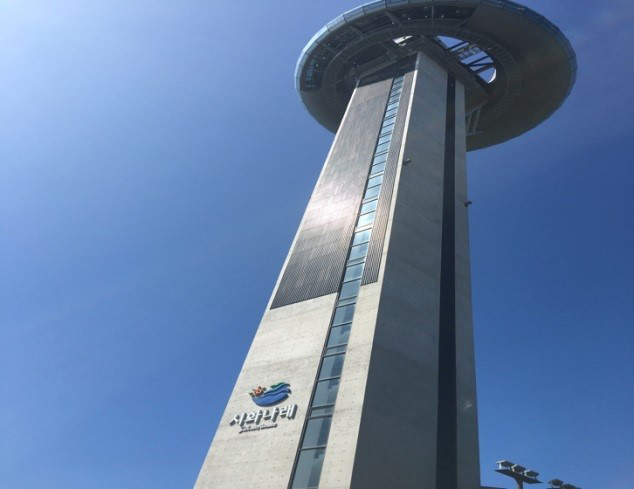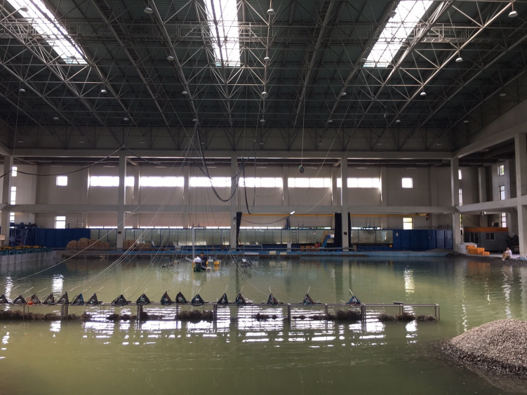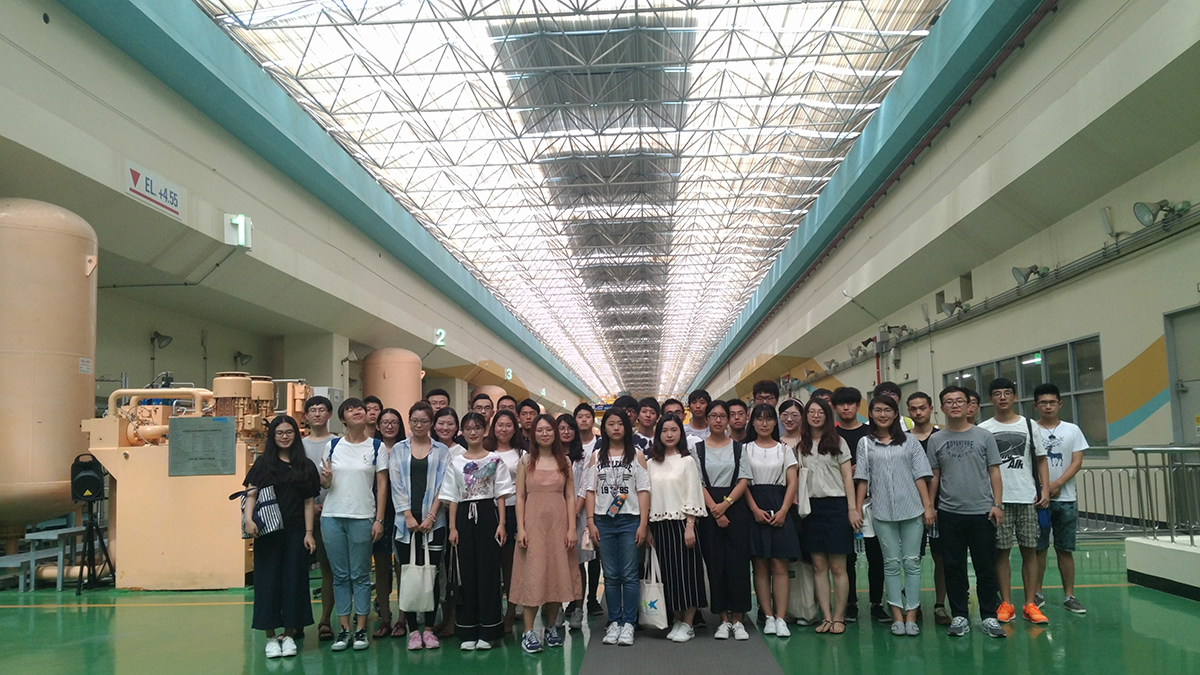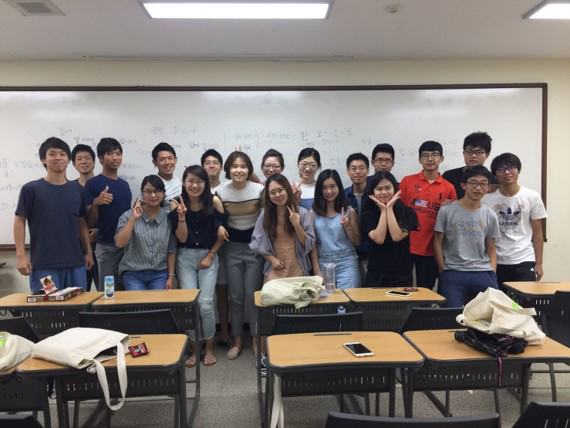“Summer Program about Infrastructure” was held in Sungkyunkwan University, Korea.
Sungkyunkwan University hosted a four-week summer program about infrastructure, from July 24 through August 19. The program was mainly intended to provide opportunities for students from Japan and China to learn in advance about the current situation and challenges that Korea is facing in the field of infrastructure maintenance. It was also aimed at prospective graduate students who may participate in the exchange program hosted by Sungkyunkwan University next year.From School of Engineering, Nagasaki University, five students in the Civil and Environmental Engineering Course and one student in the Chemistry and Materials Engineering Course participated in this summer program. Moreover, 30 undergraduate and graduate students joined from Shandong University, China.
According to the participating students, they attended special lectures given by professors at Sungkyunkwan University about highly designed architectures around the world. They also went to field trips to see a water treatment facility where the membrane separation technologies are widely used, and the world’s largest tidal power station. In the meanwhile, students took Korean language lessons every week. Beyond the field of civil engineering, participating students seem to have enjoyed opportunities to learn about architecture and renewable energy as well as primary Korean language.
Furthermore, they experienced Korean culture, including wearing hanbok (Korean traditional dress), cooking bibimbap (a Korean dish) and making gold leaf craftwork. They also tried actively to see local lifestyle in Korea by visiting many places such as “Hwaseong Fortress”, which was designated as a UNESCO World Heritage Site, in Suwan where Suwan campus of Sungkyunkwan University is located, “Gyeongbokgung” in Seoul and even the city of Pusan. Chinese students from Shandong University, who have higher language skills and can communicate well in English with professors at Sungkyunkwan University, must have especially inspired undergraduate students from Nagasaki University. Positively affected by such external factors, these Japanese students are expected to make the most of this opportunity and improve their basic English skills required as global human resources.
Nagasaki University will hold a reporting session during the third quarter, in which the participating students will share their individual experiences of the summer program.